As kitchen professionals, understanding how to derust a wok is vital for maintaining the integrity of one of the most beloved and versatile cooking tools in culinary arts. Woks are not only revered for their ability to evenly distribute heat, but they also provide a unique flavor profile, especially when seasoned properly. However, neglecting a wok or exposing it to moisture can lead to unsightly rust, which could compromise both its functionality and presentation in a professional kitchen.
In this article, we will dive into an array of methods, tips, and preventative treatments for rust on woks, ensuring they remain a staple in your kitchen arsenal. Whether youre a seasoned chef or merely passionate about home cooking, knowing how to derust a wok will elevate your culinary game.

Understanding Why Woks Rust
Before we explore the methods of derusting a wok, its crucial to understand why rust forms in the first place. Woks, often made from carbon steel or cast iron, are prone to rusting when exposed to moisture and air. Rust is essentially iron oxide, which forms when iron (the main component of your wok) reacts with oxygen in the presence of water. Recognizing the factors that contribute to rust can help you understand the importance of proper care.
- Excess moisture: Leaving your wok wet or failing to dry it promptly is a key contributor to rust.
- Improper storage: Stacking woks without sufficient drying can trap moisture.
- Neglecting maintenance: A lack of seasoning can allow rust to form over time.
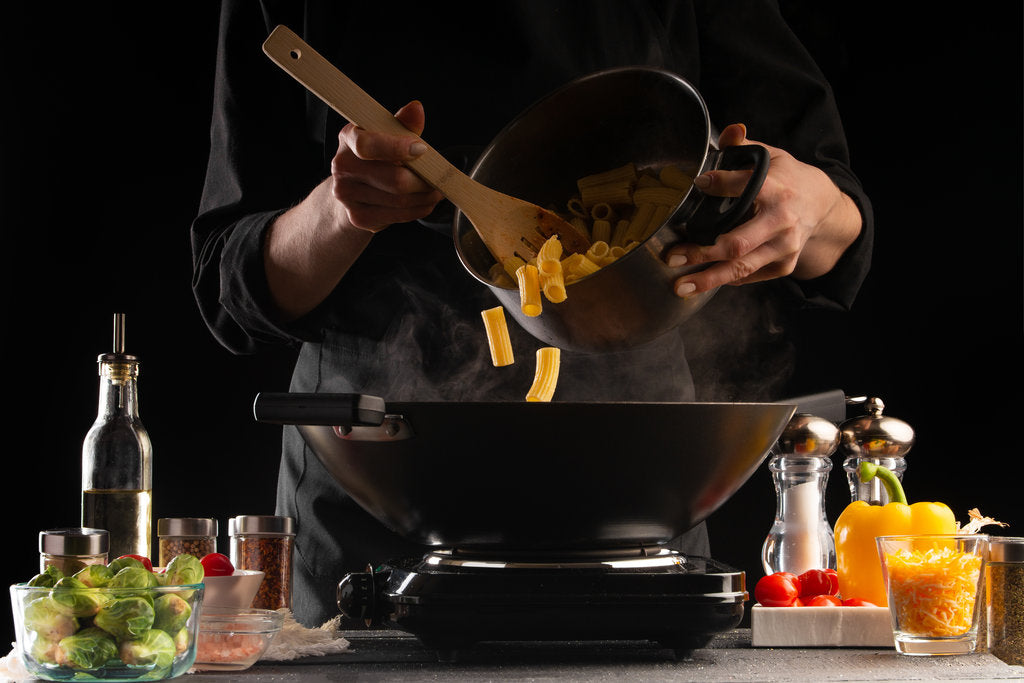
Essential Tools for Derusting a Wok
Successfully derusting a wok requires a few basic tools and materials. This equipment will help ensure that your wok returns to its former glory without causing damage to the metal.
- Wire brush: Essential for scraping away loose rust without scratching the surface.
- Sandpaper: A higher grit sandpaper (around 200-400 grit) can be used for finer rust removal.
- Baking soda: A handy substance for creating a paste that helps dislodge rust.
- Vinegar: An acidic solution that aids in rust removal.
- Cooking oil: Essential for re-seasoning after the derusting process.

Method 1: Scraping Away Rust
The first method involves scraping the rust away using a wire brush. This direct approach works effectively on larger rust spots.
- Start by drying the wok thoroughly.
- Using a wire brush, gently scrub the area with rust, applying sufficient pressure to remove the buildup.
- For stubborn patches, incorporate sandpaper, using a circular motion to lift the rust.
Method 2: Baking Soda Paste
Baking soda is a natural abrasive that can help in removing rust stains effectively. Heres how you can do it.
- Mix three tablespoons of baking soda with water to create a thick paste.
- Apply the paste on the rusty spots and let it sit for 15 to 20 minutes.
- Scrub with a gentle cloth or sponge, focusing on the rust areas.
- Rinse off with warm water and dry thoroughly.
Method 3: Vinegar Soak
If you have a particularly rusted wok, soaking it in vinegar can help. Follow these steps:
- Pour enough vinegar to submerge the rusted areas of the wok.
- Let it soak for several hours or overnight for stubborn rust.
- After soaking, rinse off with water and scrub away any remaining rust with a wire brush.
- Dry the wok immediately and carefully.
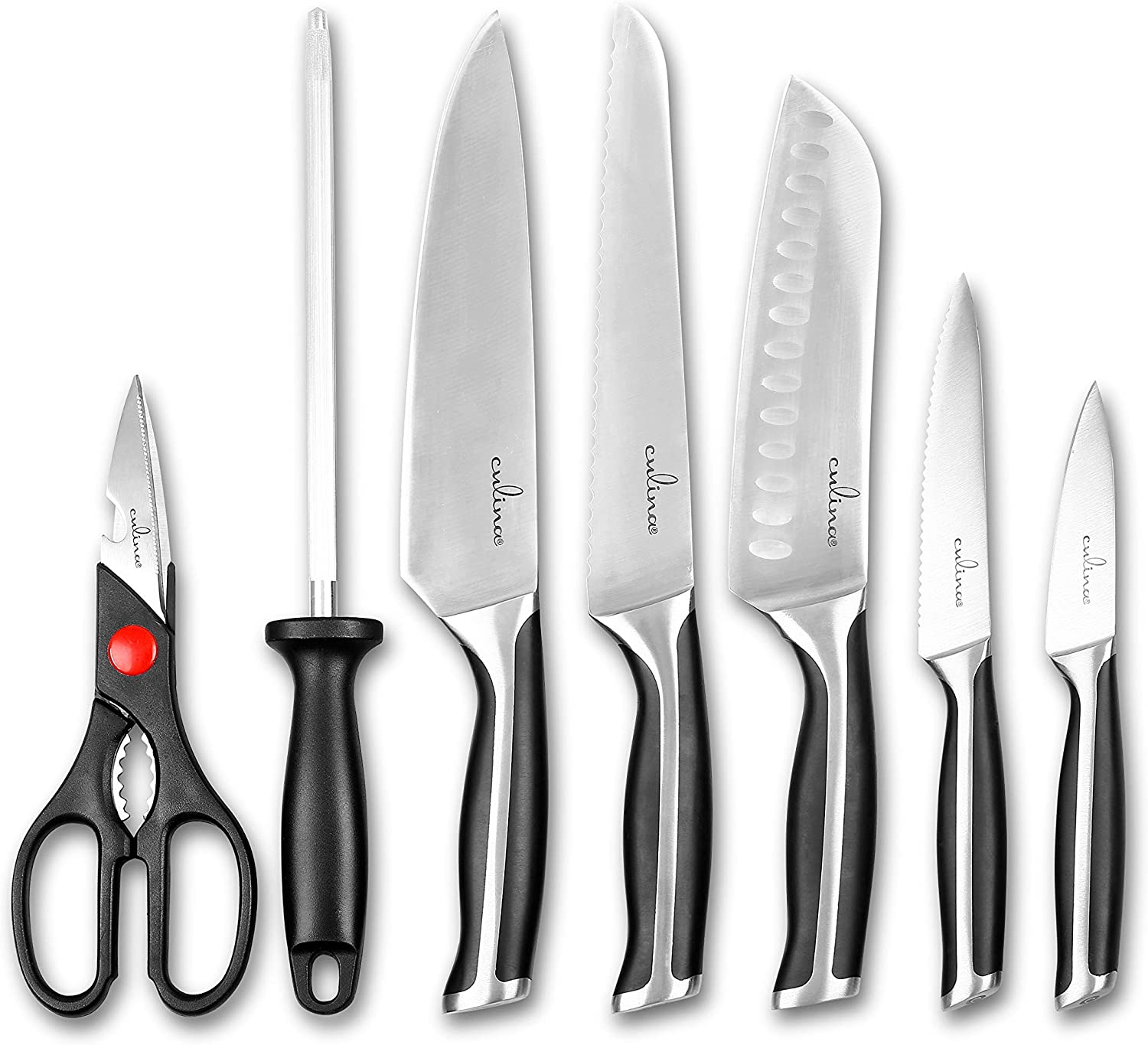
Re-seasoning: A Vital Step Post-Derusting
After derusting, it's important to re-season your wok to ensure its longevity and performance. Here is how you re-season your wok effectively:
- Heat the wok over medium-high heat until hot.
- Add a thin layer of oil (grape seed or vegetable oil) to the wok.
- Using a paper towel or cloth, wipe the oil evenly across the surface.
- Allow the oil to smoke, then reduce the heat and let it cool.
- Repeat the process to build up a protective layer.
For more details on seasoning your wok, refer to this guide.
Preventing Rust: Tips to Keep Your Wok in Top Condition
Now that you know how to derust a wok, its equally important to understand how to keep it rust-free. Here are some precautions to maintain the quality of your wok:
- Always dry your wok after washing to prevent moisture accumulation.
- Store your wok in a dry place, preferably hanging or on a rack rather than stacked.
- Regularly re-season your wok to build a protective layer against future rust.
- Avoid cooking acidic food in an unseasoned wok, as it can strip away the seasoning.
To learn more about how to care for your cookware, consider reading about the issues with sticking.
Conclusion
Derusting a wok is an essential skill for any kitchen professional. By understanding how to effectively derust a wok and taking preventative measures, you can ensure that your trusty cookware remains in excellent condition for years to come. With techniques ranging from scraping to applying baking soda and vinegar, there are numerous ways to tackle rust buildup. Remember, maintaining your wok not only enhances your cooking experience but keeps the integrity and flavor intact for every dish you prepare.
For further insights on how to maximize your culinary skills with woks, refer to this enlightening article on cooking with a wok.
As an Amazon Associate, I earn from qualifying purchases.
As an Amazon Associate, I earn from qualifying purchases.

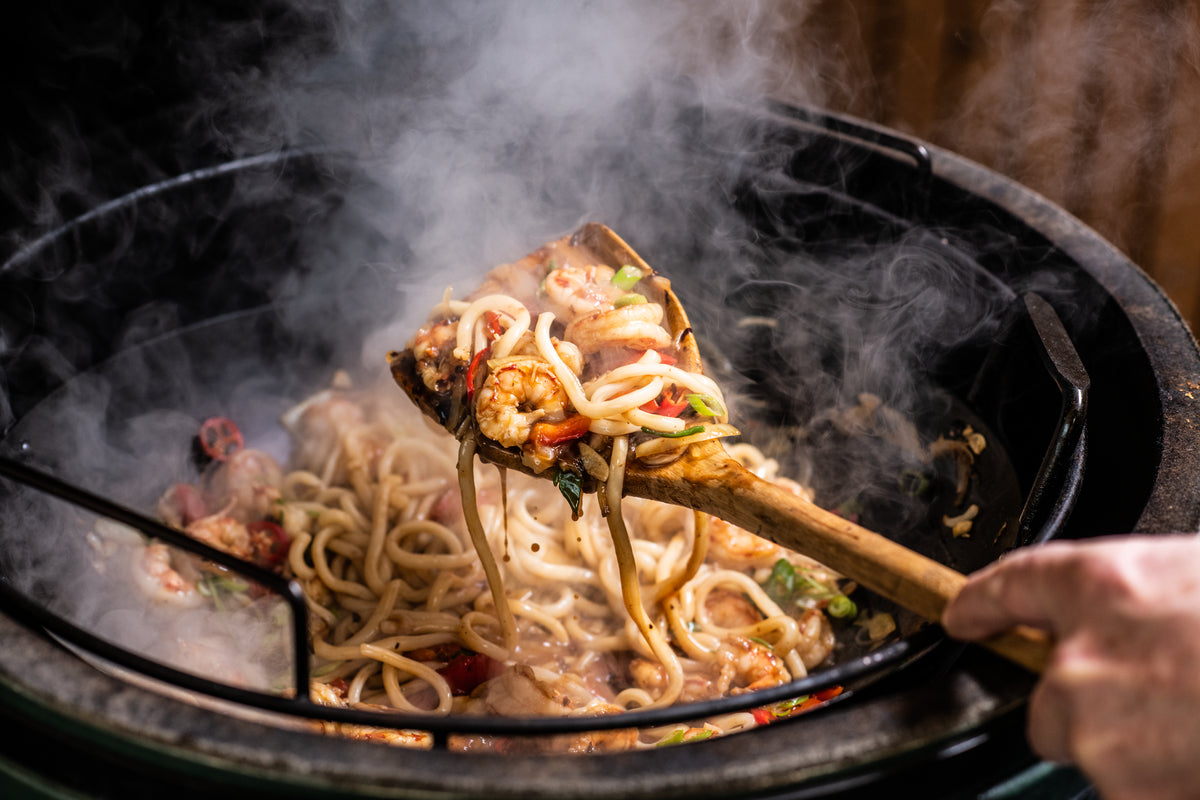


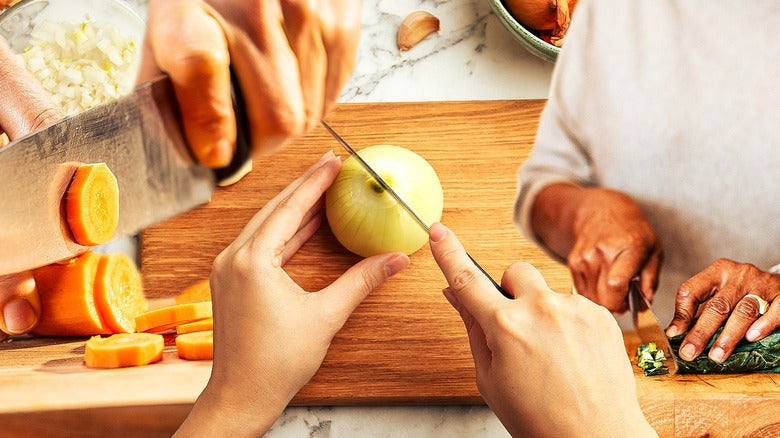
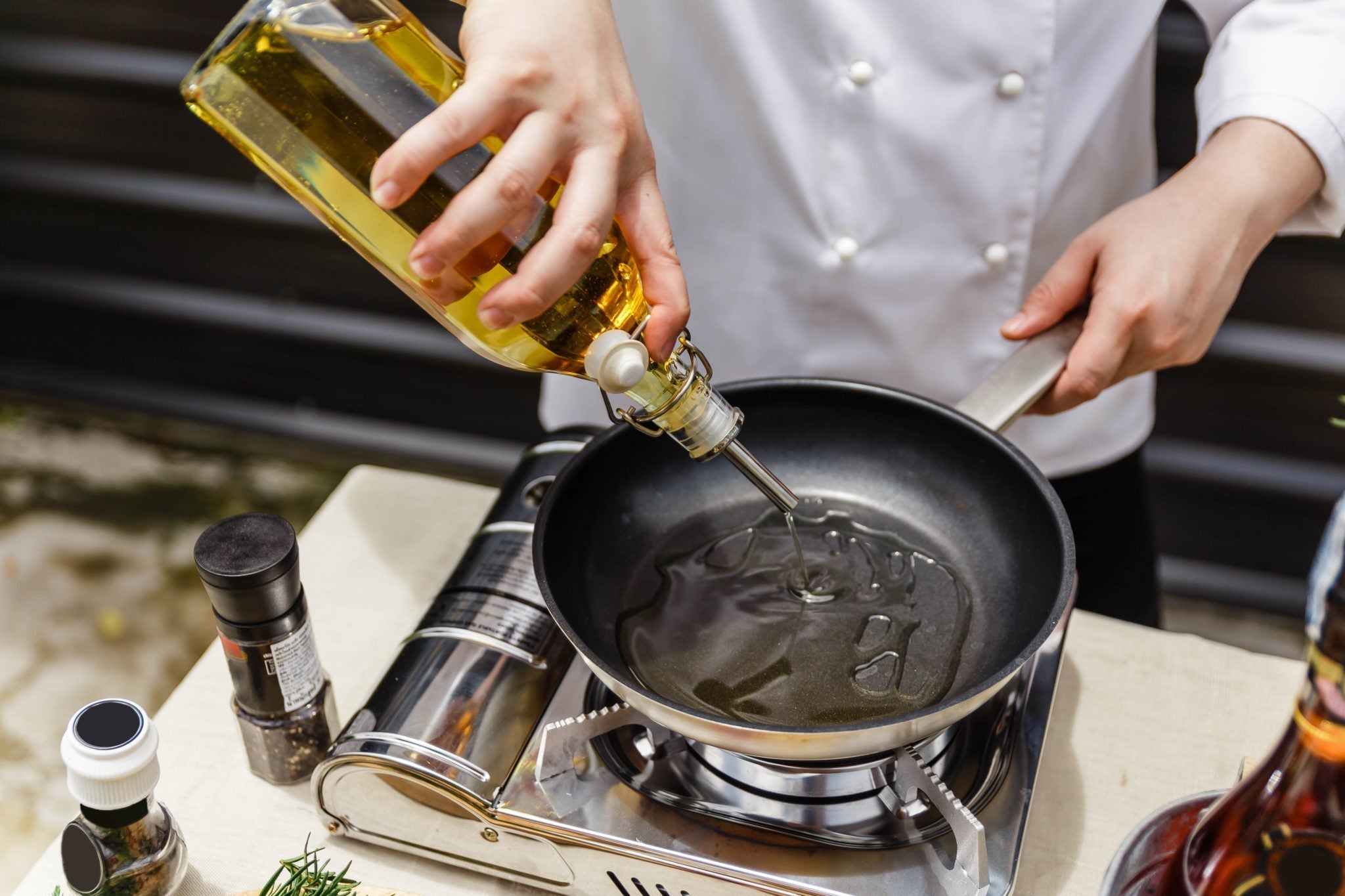
Leave a comment
This site is protected by hCaptcha and the hCaptcha Privacy Policy and Terms of Service apply.